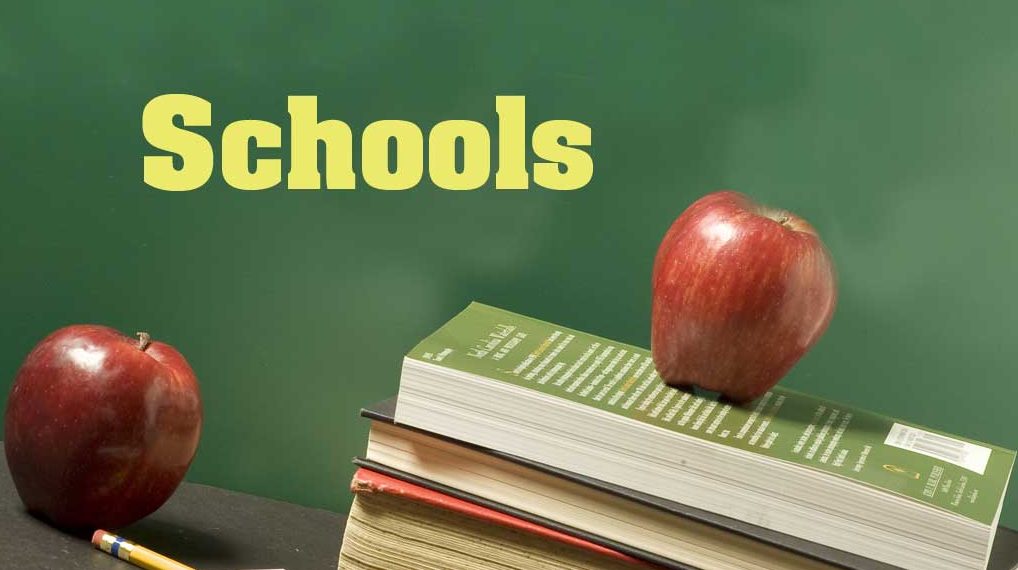I read in the last Packet that the Princeton School Board is opposing delays of property tax payments (Princeton school board opposes legislation to delay property tax payments, Princeton Packet, April 17). Elsewhere I saw that Gov. Phil Murphy conceded to public school teachers only half their originally budgeted raises. Such are two woefully tone-deaf state and local government responses to the awful government-imposed great depression that COVID-19 has wrought.
Millions of taxpayers are suddenly jobless. Local businesses are shuttered. Main Streets are dying. Non-profits are withering. Food bank lines are lengthening. Private sector companies are moving heaven and earth at great sacrifice to retool for ventilators, masks, gowns, and therapeutics. Even Hollywood stars are donating money for relief.
How about government? Reducing livelihoods. Restricting movement. Closing parks. Officiously enforcing overreaching shutdown edicts. Trying to overcome years of insufficient preparation. Whining for unrestricted Federal bailouts (especially in high-tax states) after decades of overtaxing and mismanaging their budgets.
Is it now time for the public sector to show more solidarity with its alleged citizen employers by reducing its own general economic burden upon suffering taxpayers, workers and small businesses who bear must bear that burden? The governor should call for all public servants to volunteer 20% salary reductions during the crisis. Local governments should do the same and declare 20% reductions in all property tax payments.
Property tax day is May 1. Many working and fixed-income citizens in and around Princeton are staring down the barrel of at least a $1,000-$1,500 payment in less than a fortnight. This will hit them as they are suddenly without sufficient offsetting salary, savings or dividend income. As the federal government has delayed income federal tax day and is even paying out relief (at such great future cost), shouldn’t state and local government also reduce their own funding burden and running costs in our time of extreme need? And certainly before they receive any bailouts.
Thomas H. Pyle
Princeton

